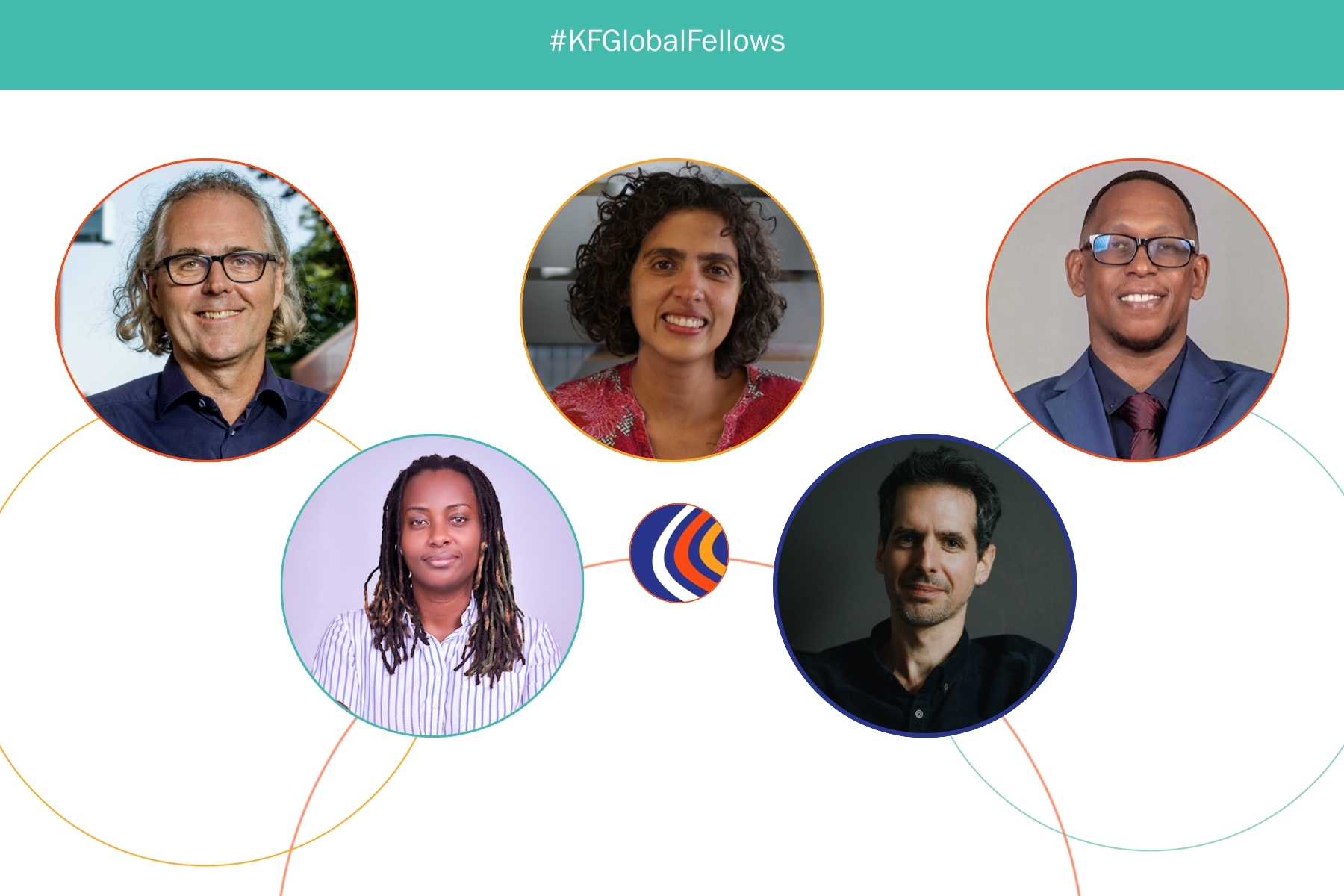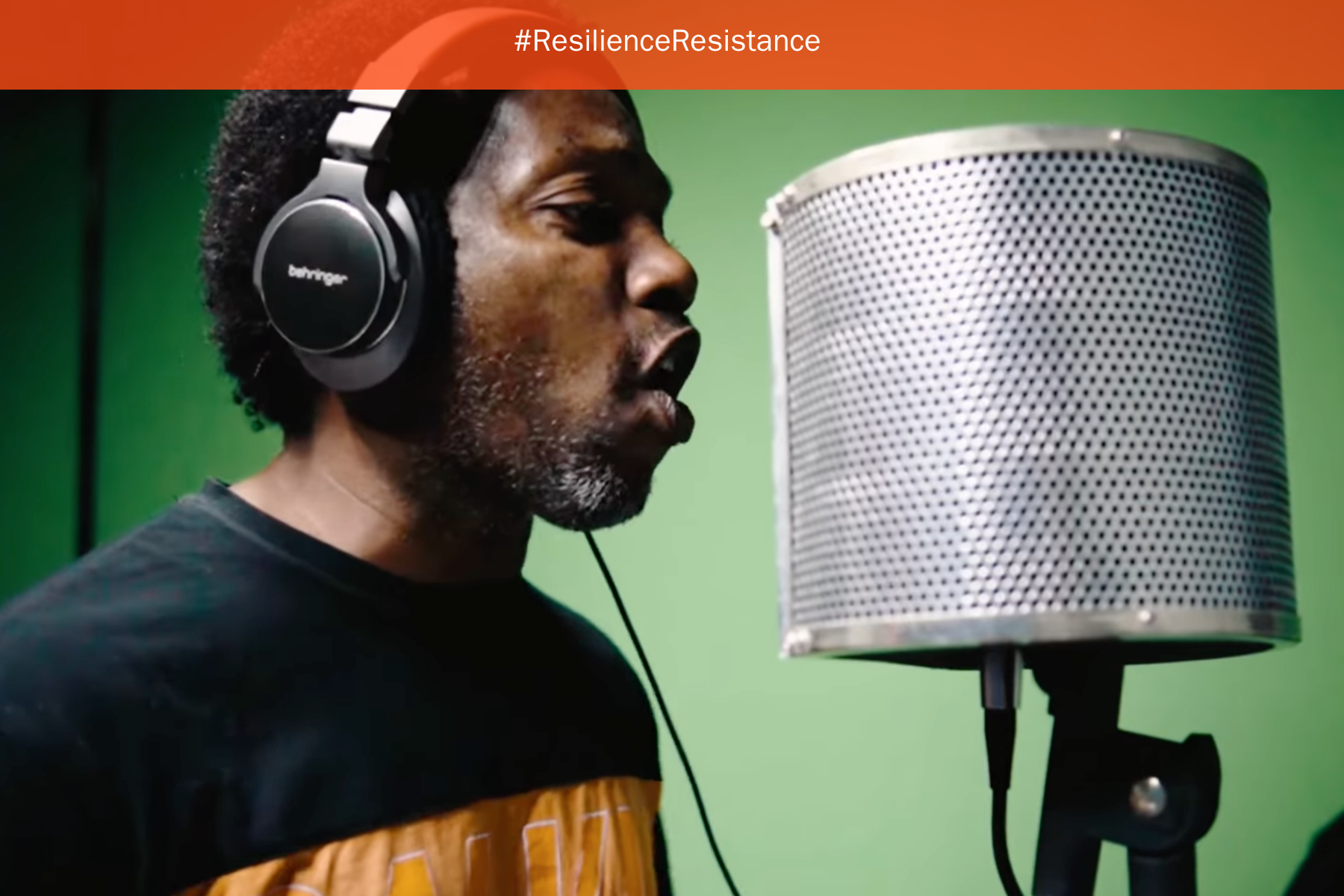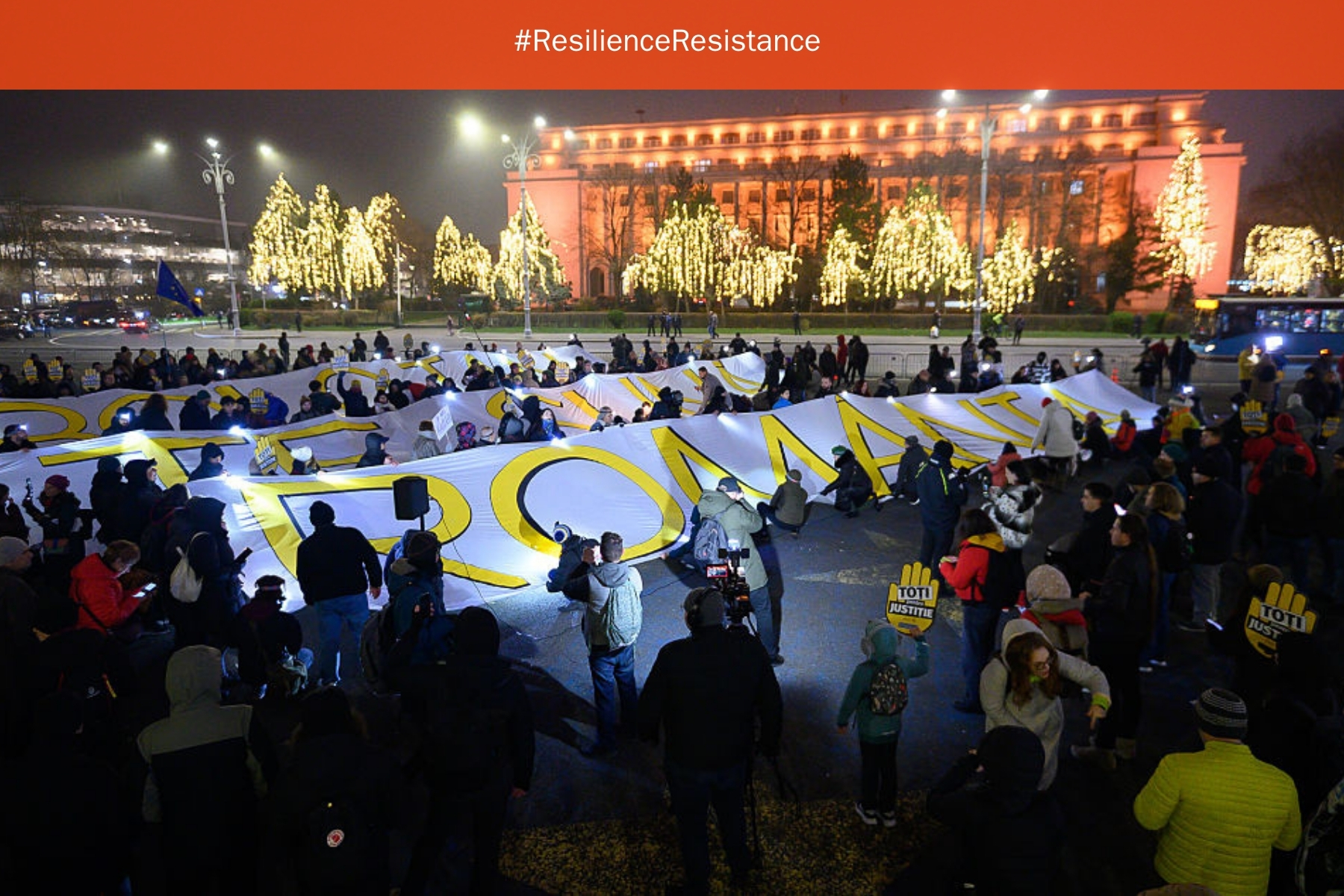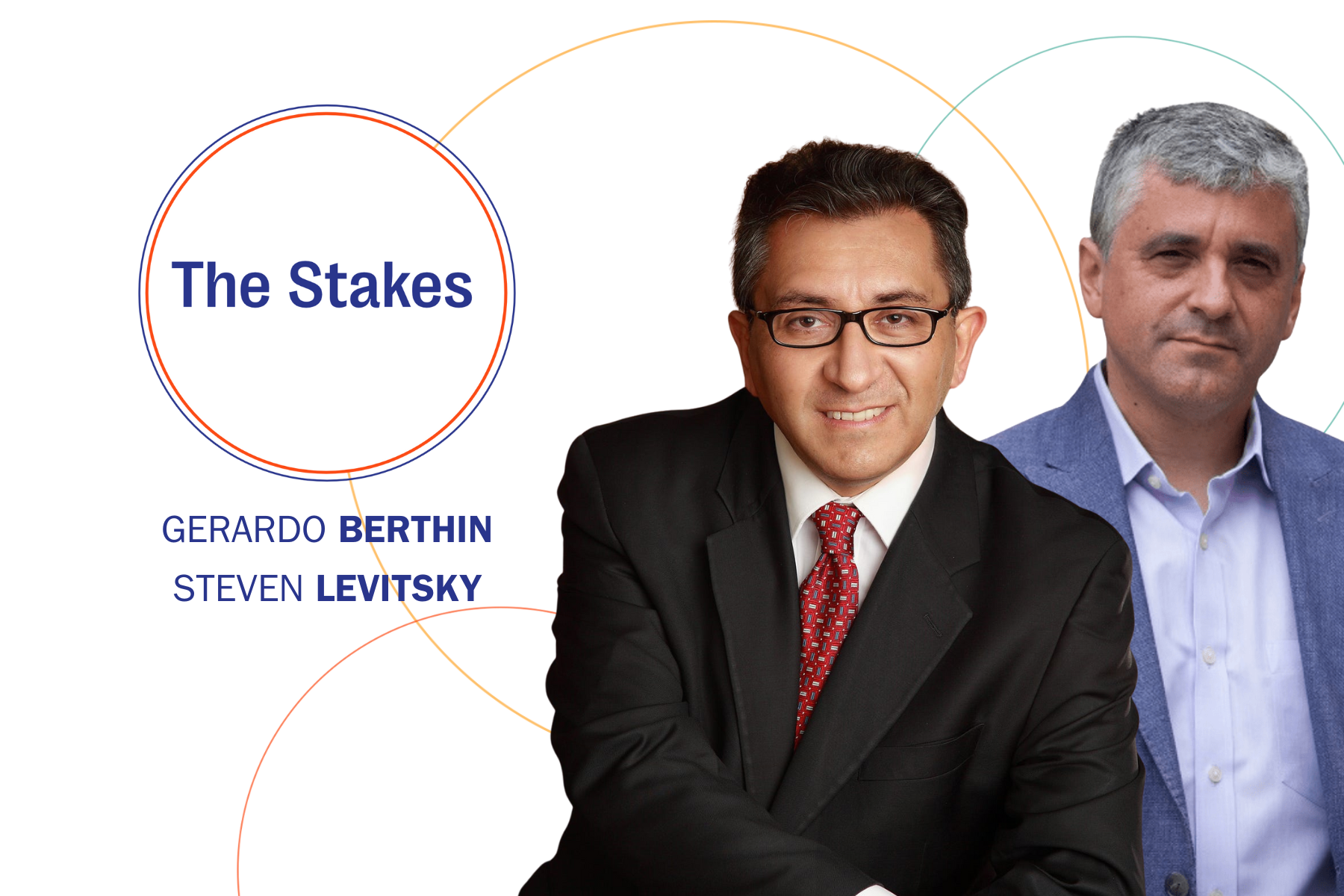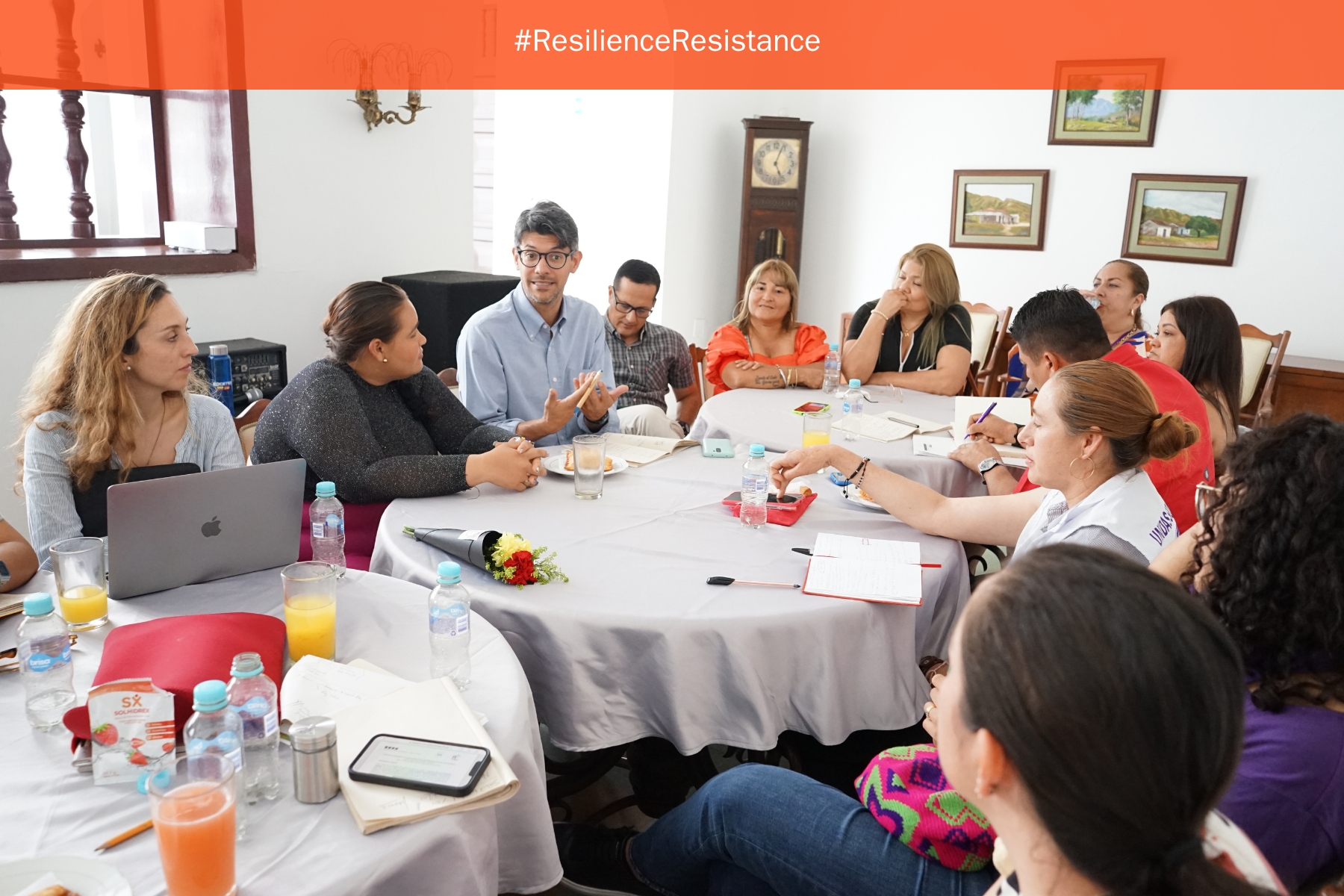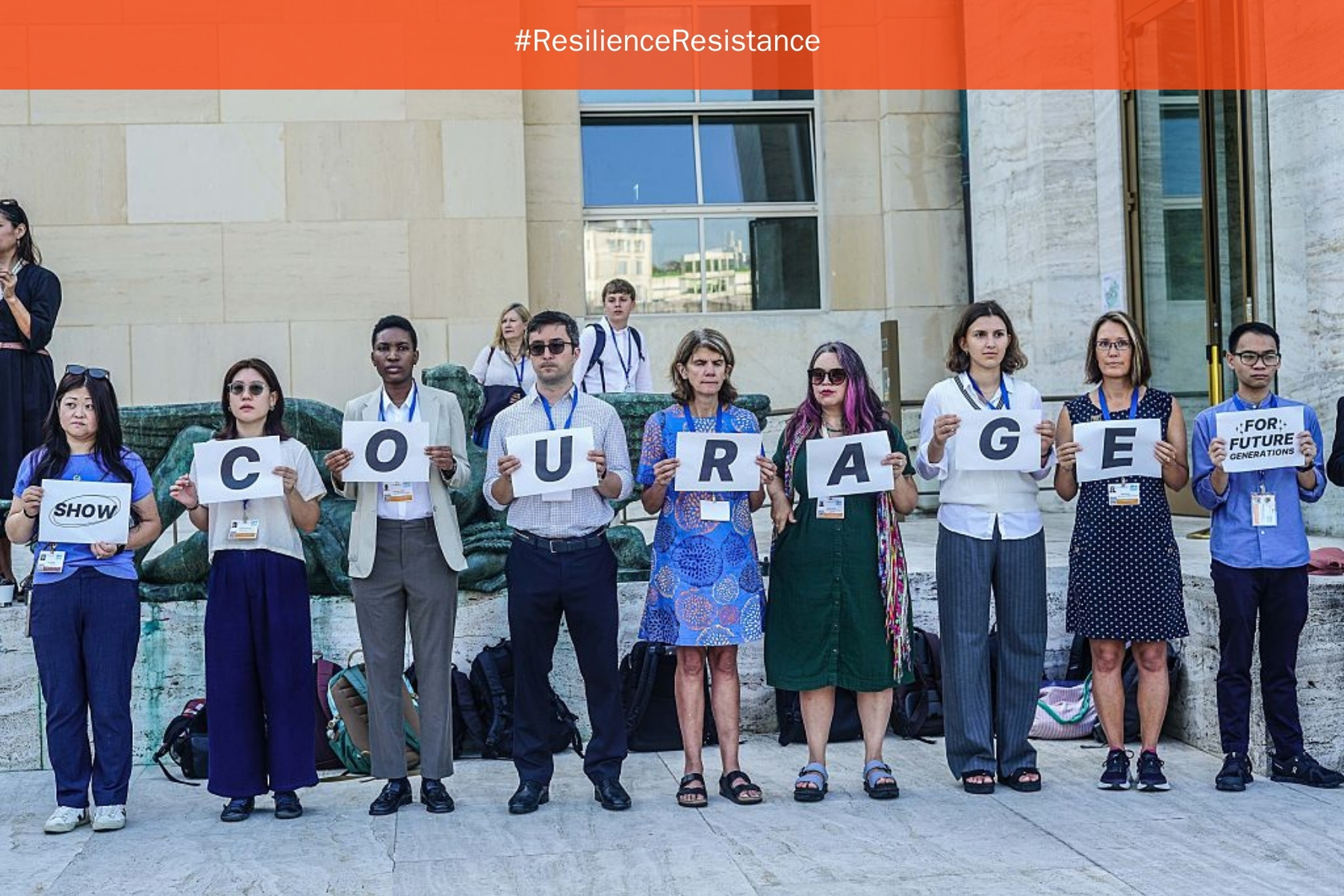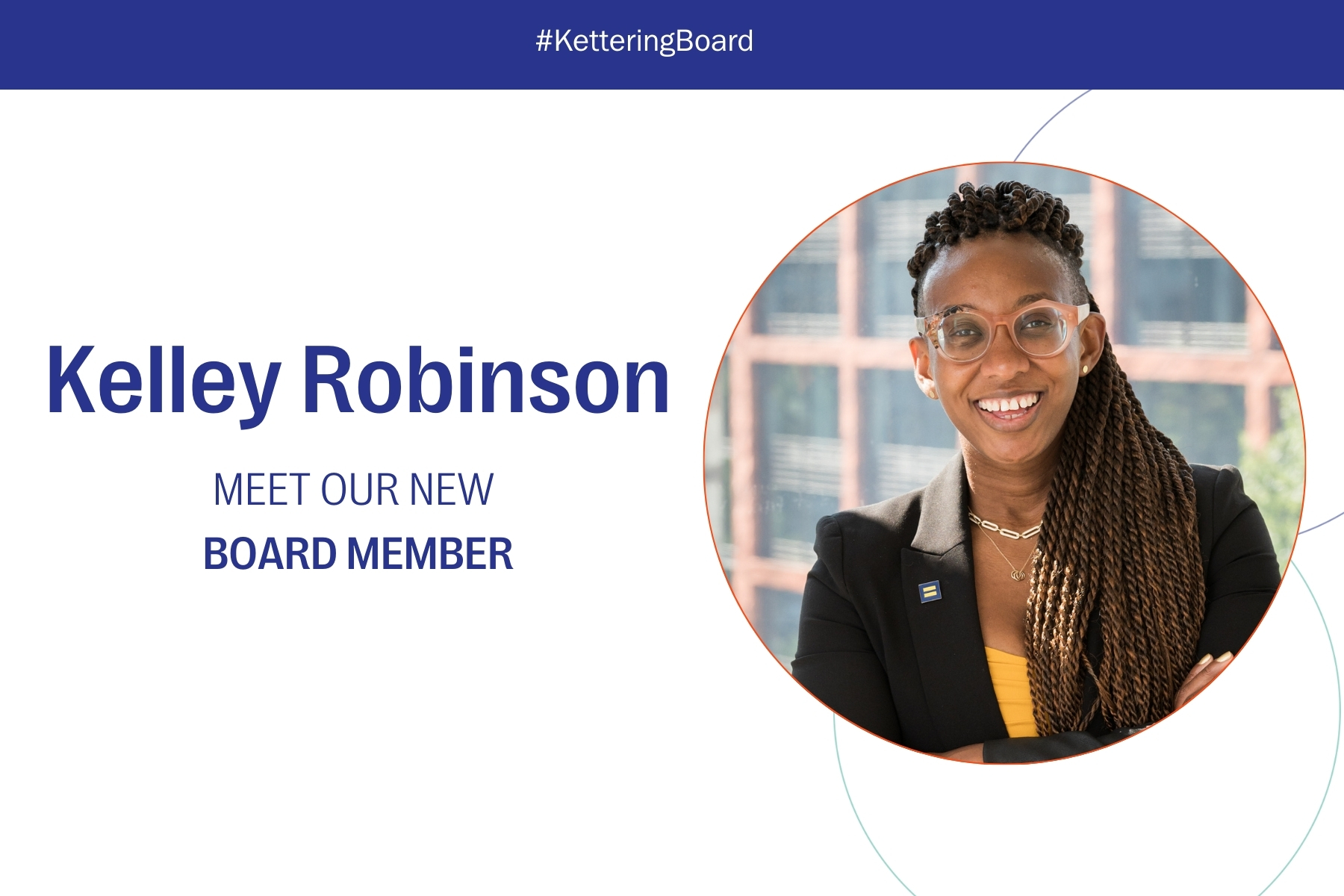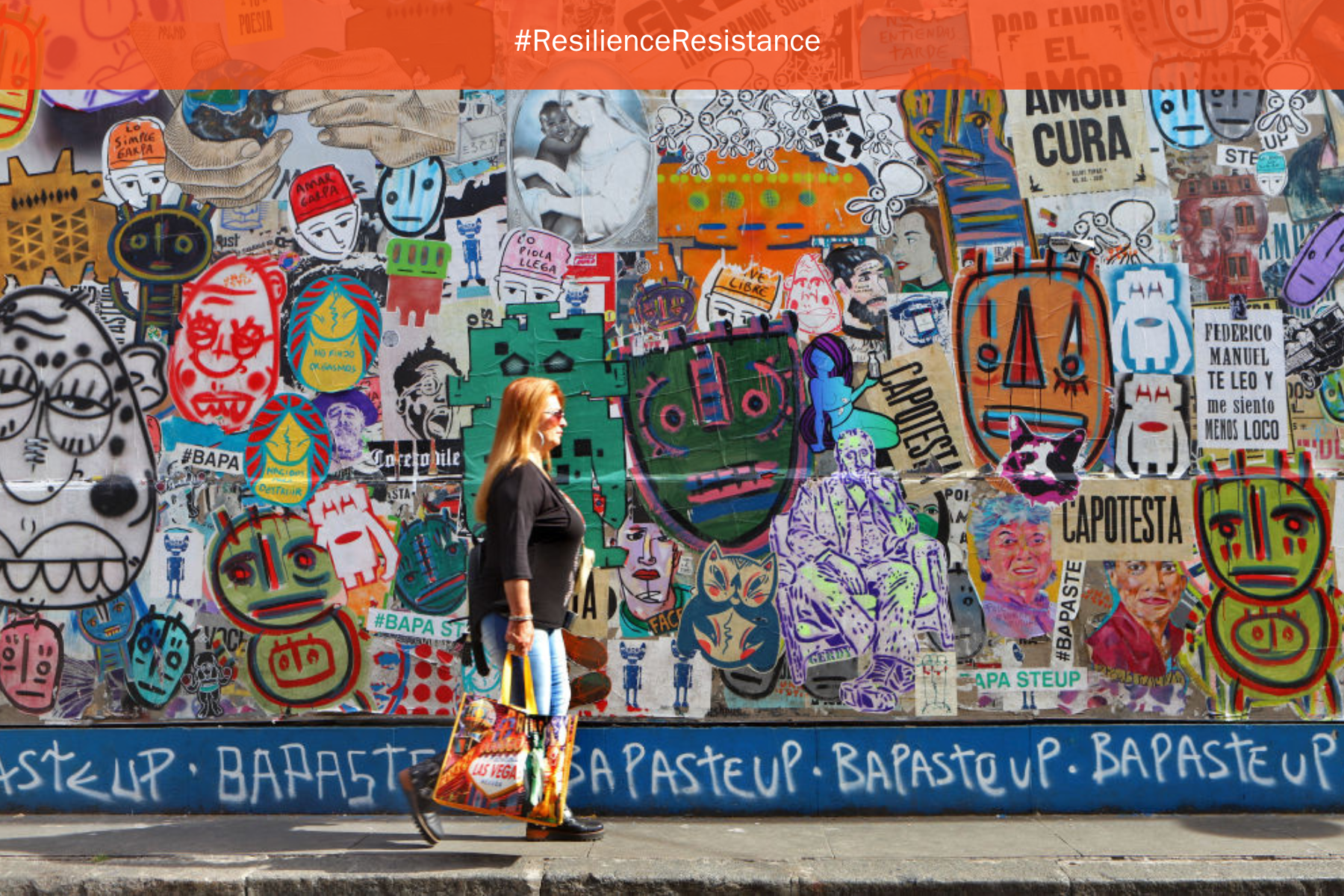Building Inclusive Democracy
In this time of democratic erosion, it is critical to share what democracy scholars, practitioners, and activists are learning—both here in the United States and around the world. On July 21, the Charles F. Kettering Foundation held a Kettering Global Conversation on Democracy: Solidarity across Borders in Washington, DC. The event provided a dynamic forum to explore democratic challenges facing countries around the world and to learn from different global contexts and experiences. This is the final entry in a series of five pieces about the event.
A response to the recent challenges to democracy can be summed up in two words: people power. That was the message from the Global Conversation panel focused on Building Inclusive Democracy. While each member brought different views and experiences, they shared one conclusion: People working together can turn the tide.
The panel included Kettering Foundation Senior Fellow María Teresa Kumar, along with CFK Global Fellows Koketso Moeti and Chris Muriithi, moderated by Paloma Dallas, senior program officer for Democracy around the Globe.
Dallas opened the conversation by asking what it means to build a democracy that doesn’t just tolerate, but embraces, inclusion.
Muriithi said that storytelling helped queer people push back against exclusion in Africa. It also helped them come together, learn together, and imagine a better future. They pointed out that queer people have always existed in Africa: “We exist; this is my story; and I am here to stay.”
Dallas then asked Kumar what she sees as the greatest threat to inclusive democracy in the US. Kumar replied that the US is a multicultural country and noted that her 13-year-old daughter is bicultural, which is the largest demographic in this country. Yet race is our Achilles heel. “It is easy for a demagogue to come in and to lay that blame on the feet of the most recently arrived,” she argued. But multiculturalism is our “superpower.” Embracing it would lead to good policy that would have a spillover effect in the rest of the world. She also pointed out that we have done this before. In 2018, “we voted in the most diverse Congress that we had ever seen in our country. And when people ask me, why does diversity matter?—that body for the very first time looked closer to America. We had the most women, the most Indigenous, the most LGBTQ+, the youngest, the most veterans. You name it.”
Moeti responded to a question about the greatest threat to inclusion in South Africa by telling a story about how basic services are not simply collapsing but are difficult to get because of vigilantes. South Africans came together across class lines and marched in protest to fight those who were stealing public resources and to demand access to services they deserved. The same happened in the 1990s, when there was an attempt to keep people from voting.
“People took to the streets,” she said. “Every single person refused to cooperate and said, ‘You will not deny us this democratic vote.’” There was also international pressure. “This is not unique to South Africa,” she explained. “The world is full—so full—of examples of transformative change that were forced because the masses came together, whether at the domestic level or, like in the case of South Africa, at an international level. So these struggles should serve as reminders that a different world is possible.”
Kumar shared, “I am seeing local communities rise up,” and told a story of an immigrant woman mistakenly arrested by ICE in upstate New York. She was undocumented, so they took her and her three small children and sent them to a detention center in Texas. However, one of the children’s elementary school principals “signed a petition, mobilized his community, and said, ‘Not on my watch.’”
“That family was returned because what we don’t understand is that, when we make noise, when we demonstrate our humanity and our dignity and that we care, that is our collective American value,” Kumar said.
